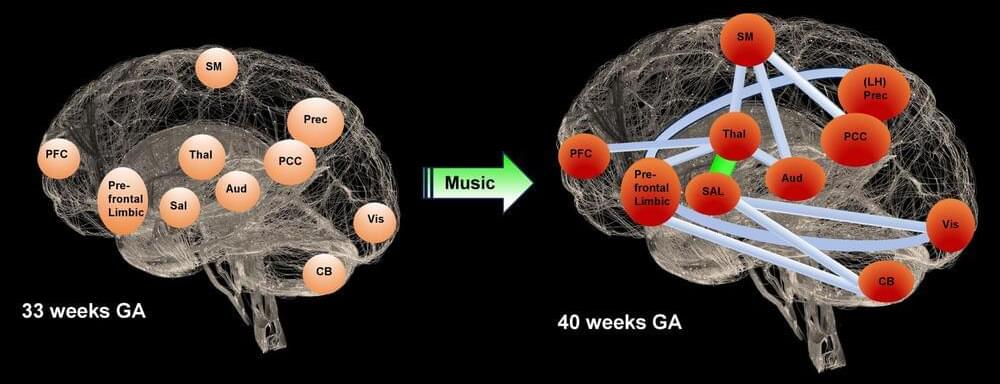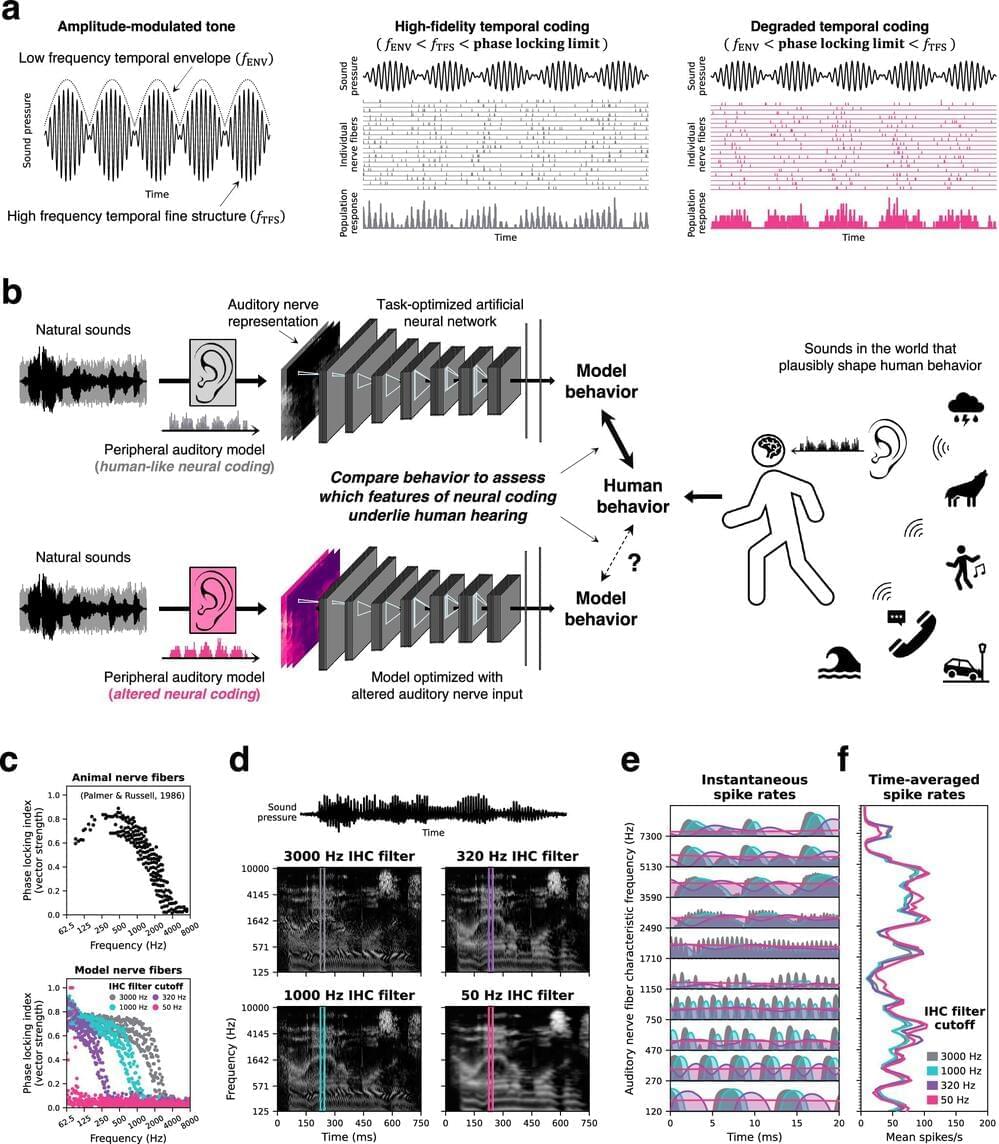Many of the strongest limitations on our technology and civilization at this time are from problems moving energy around with us, in a way which is light, energy dense, and cheap. Today we’ll look at some ways we might increase that vastly, and challenges to do that and the impact such dense portable power would have.
Join this channel to get access to perks:
/ @isaacarthursfia.
Visit our Website: http://www.isaacarthur.net.
Join Nebula: https://go.nebula.tv/isaacarthur.
Support us on Patreon: / isaacarthur.
Support us on Subscribestar: https://www.subscribestar.com/isaac-a…
Facebook Group: / 1583992725237264
Reddit: / isaacarthur.
Twitter: / isaac_a_arthur on Twitter and RT our future content.
SFIA Discord Server: / discord.
Listen or Download the audio of this episode from Soundcloud: / portable-power.
Cover Art by Jakub Grygier: https://www.artstation.com/artist/jak…
Writers.
Isaac Arthur.
Mark Warburton.
Stuart Graham.
Script Editors.
Darius Said.
Edward Nardella.
Keith Blockus.
N Kern.
Graphics Team:
Edward Nardella.
Jarred Eagley.
Justin Dixon.
Katie Byrne.
Kris Holland of Mafic Stufios: www.maficstudios.com.
Misho Yordanov.
Pierre Demet.
Sergio Botero: https://www.artstation.com/sboterod?f…
Stefan Blandin.
Music Supervisor.
Luca De Rosa — [email protected].

